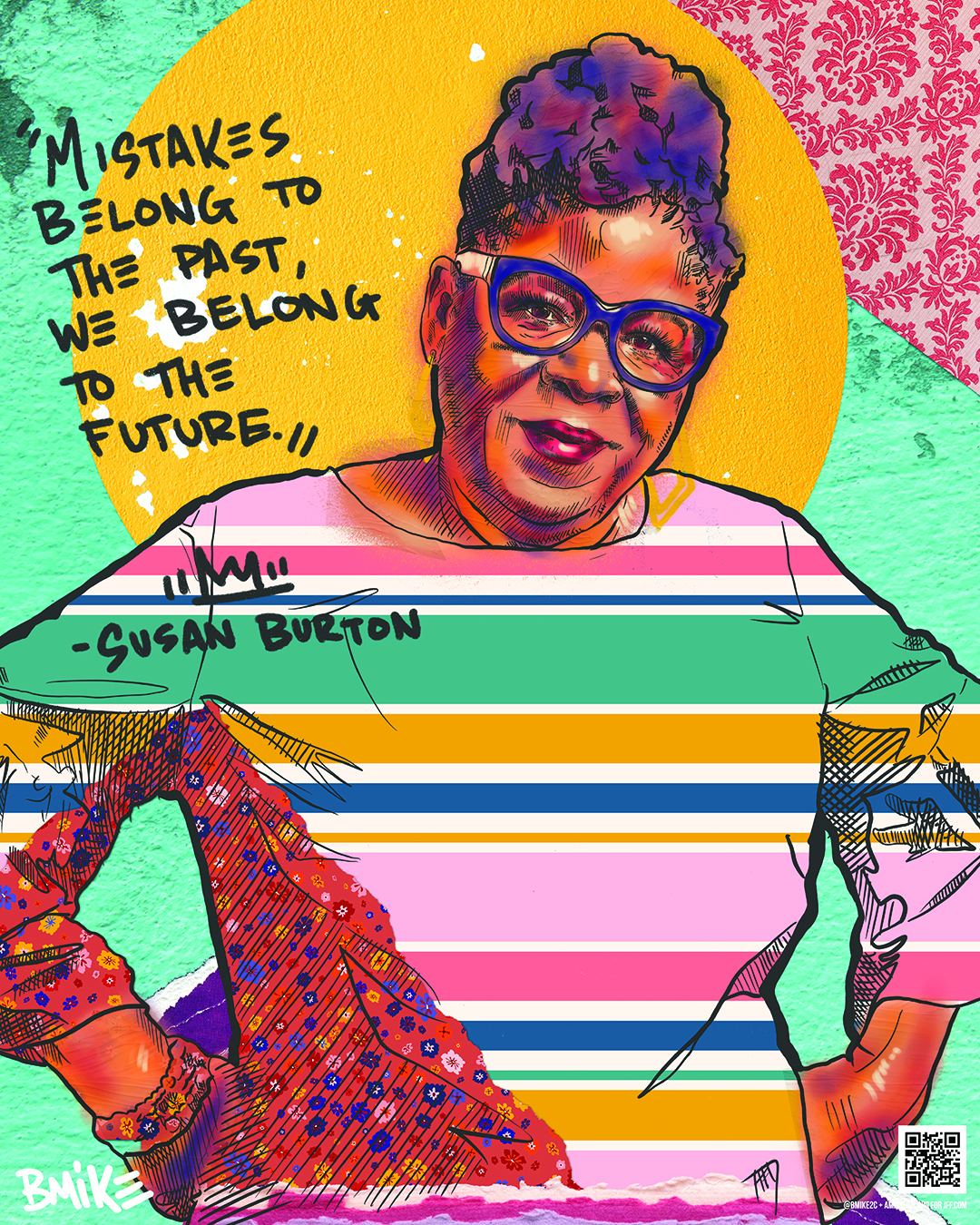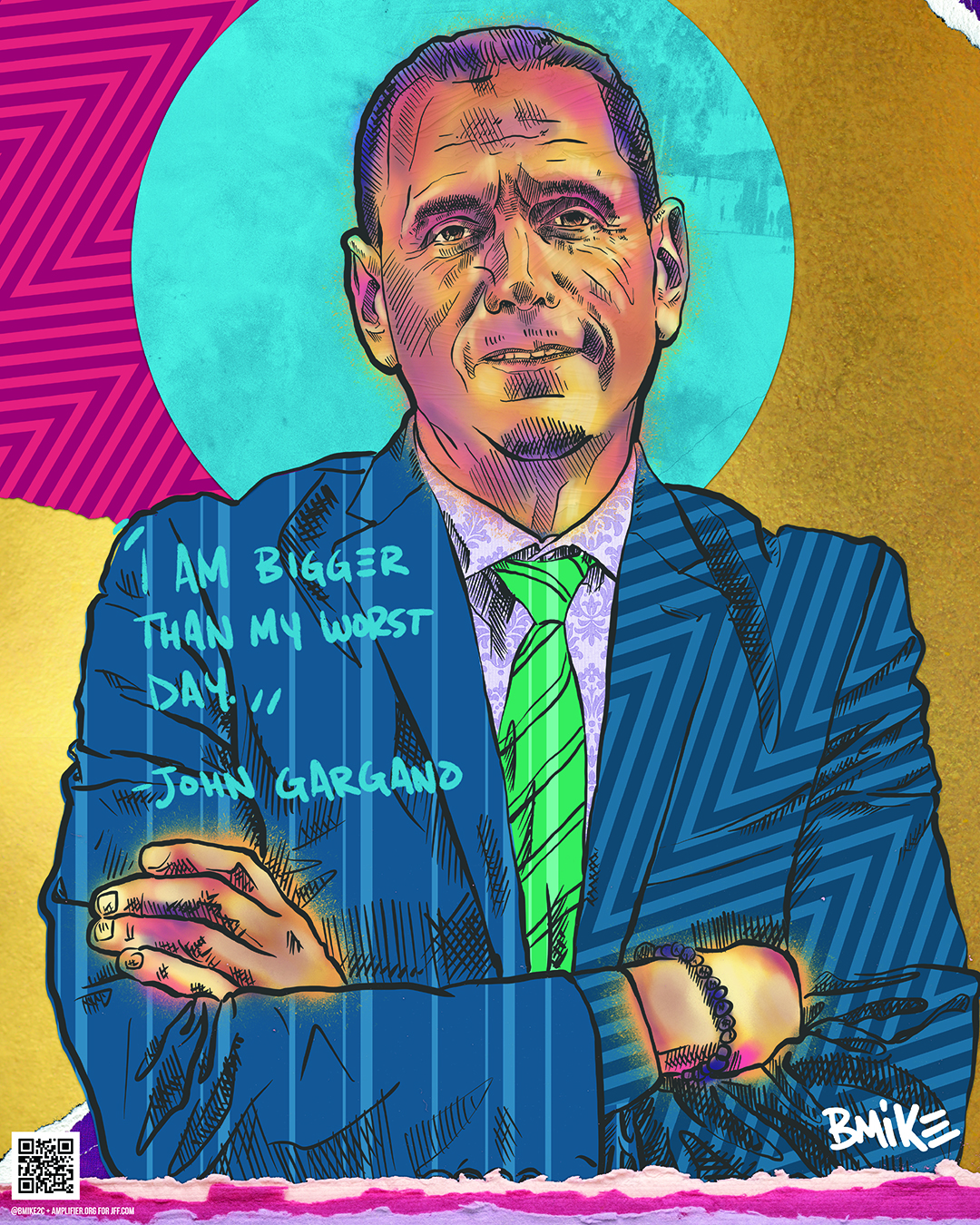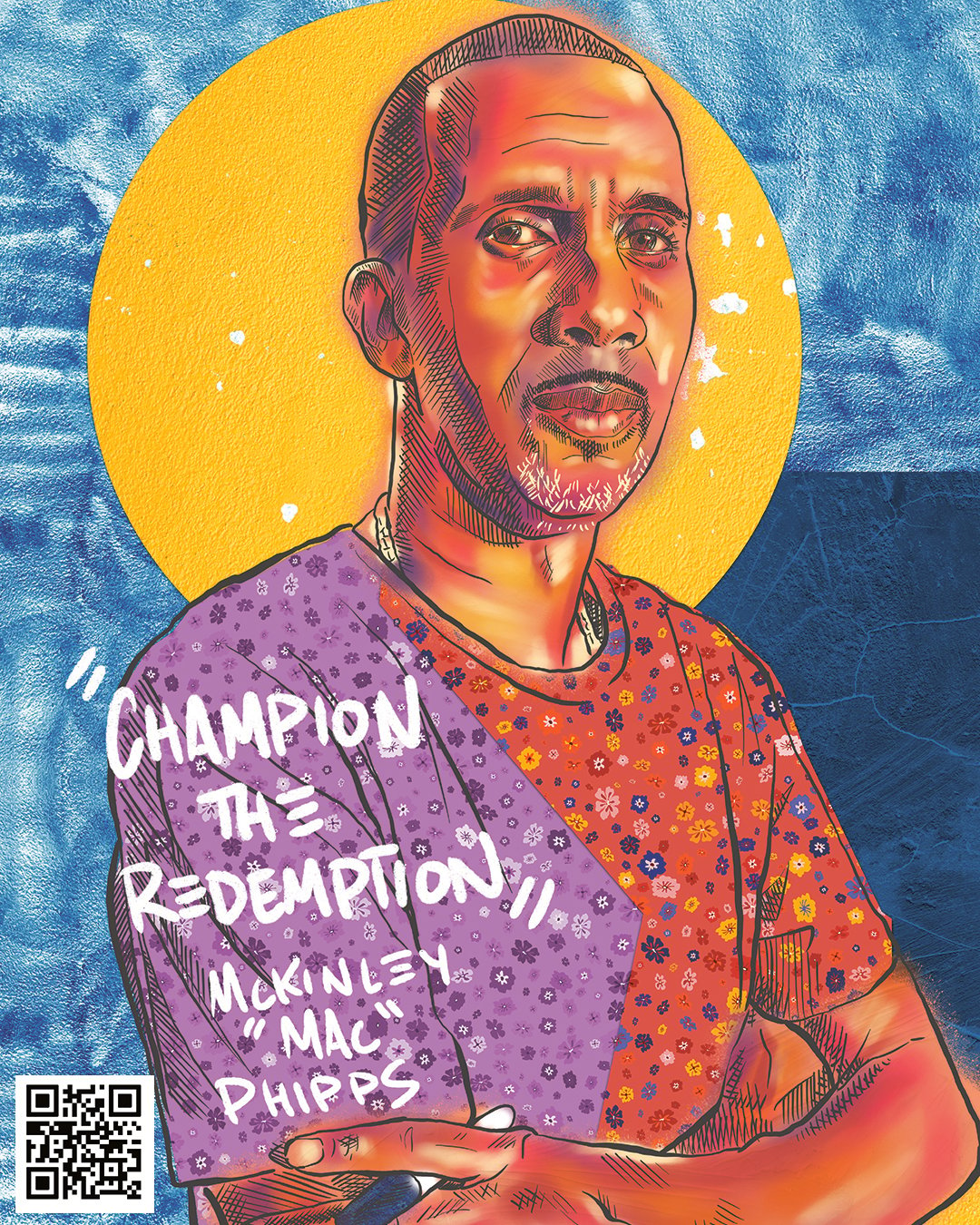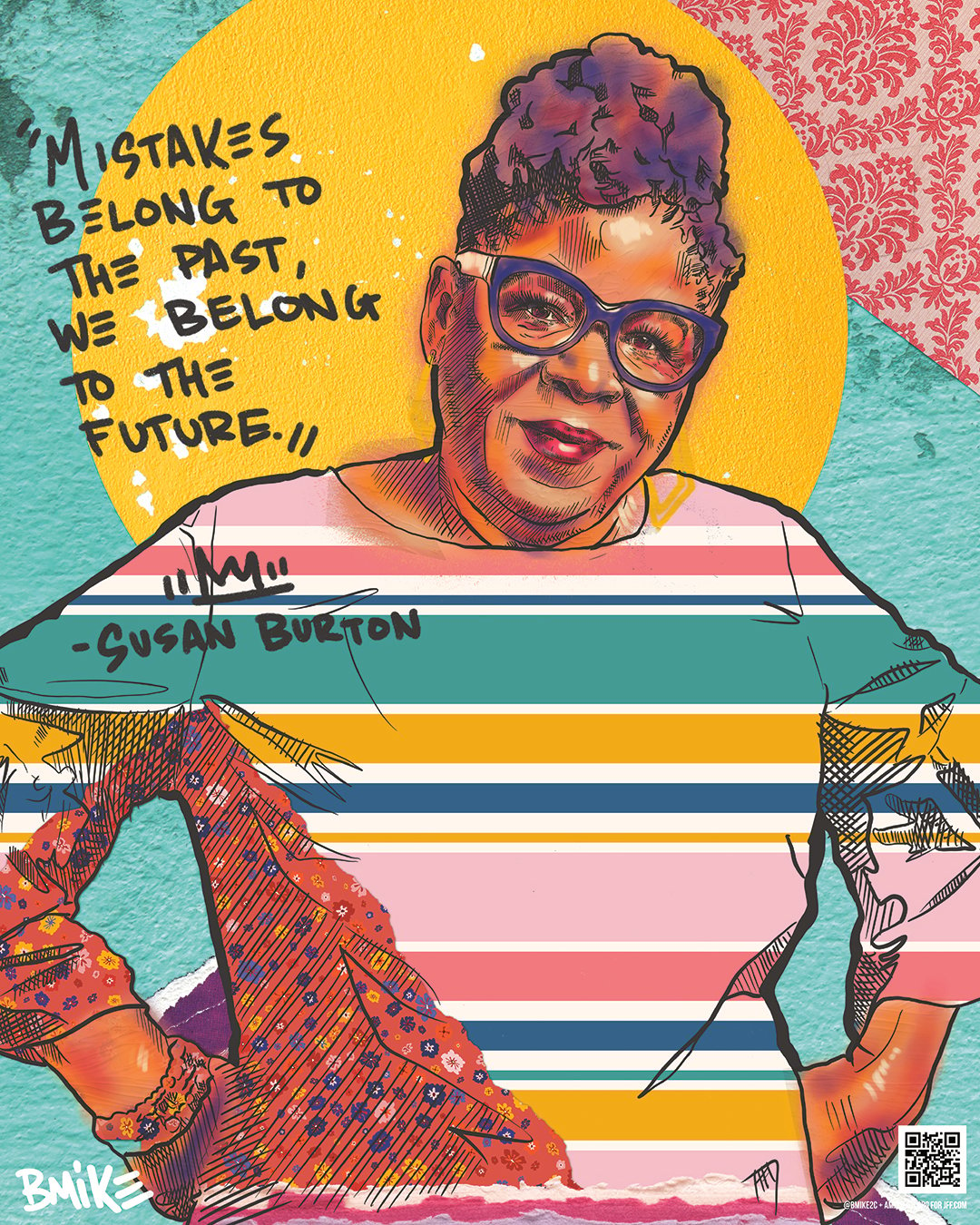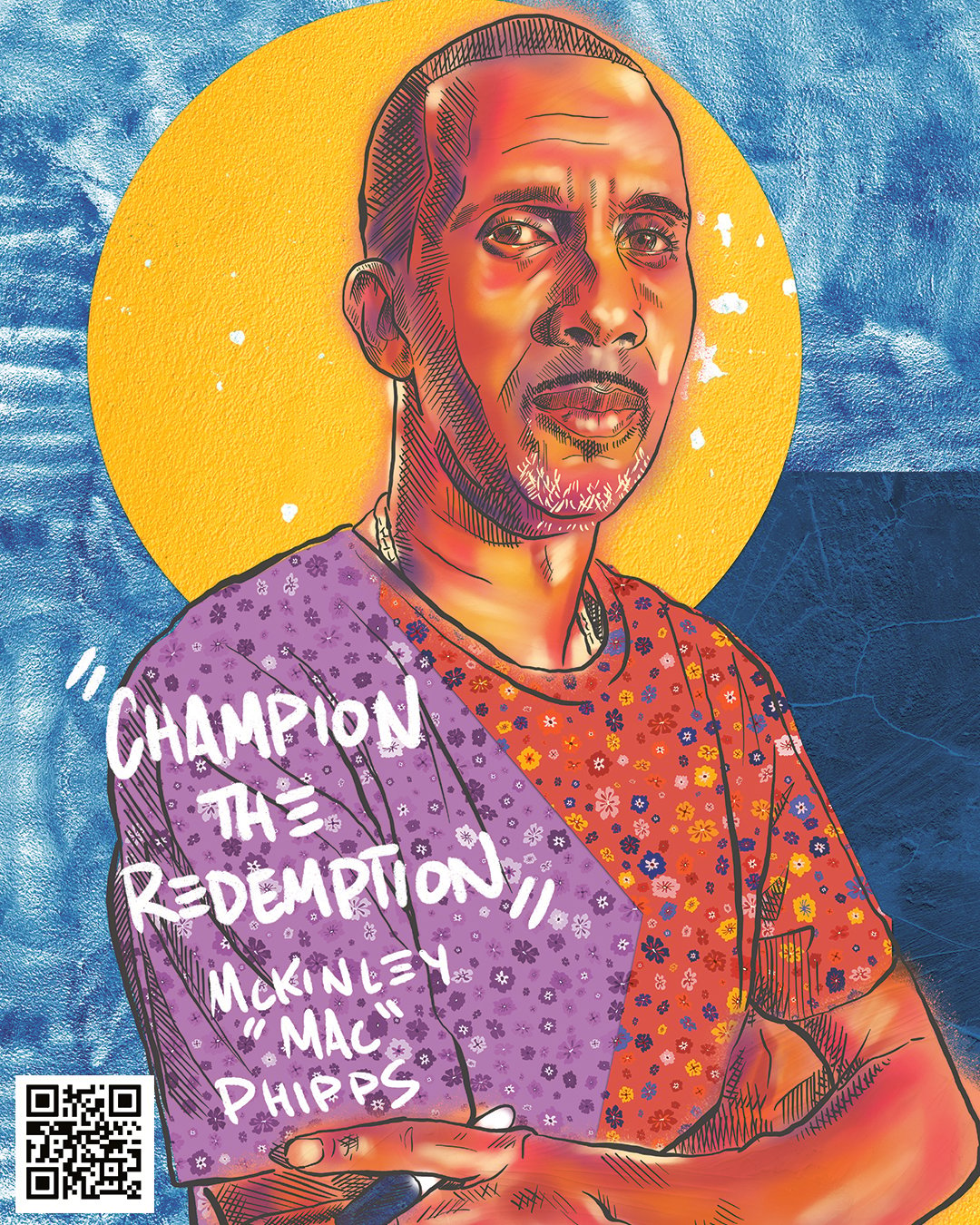Jobs for the Future’s Center for Justice & Economic Advancement is driving policy and practice change to normalize opportunity for people with criminal records and remove barriers that limit their access to quality jobs.
More than 70 million people in the United States have a criminal record. They represent a large and diverse pool of individuals that must contend with a complex web of regulations that limit—and in some cases prohibit—their access to civic engagement, housing, education and employment opportunities. These people have talent with skills and drive that are much in demand among employers, but they face persistent disadvantages in the labor market. These practices penalize them over the course of their lives, long after they’ve served their sentences and rejoined their communities. Known as collateral consequences, these lifelong barriers are exacerbated by systemic racism, further limiting opportunities for Black and Latine workers with records.




